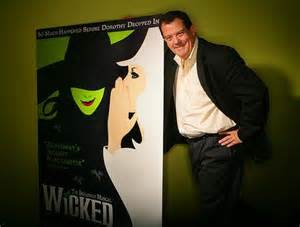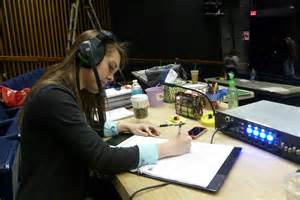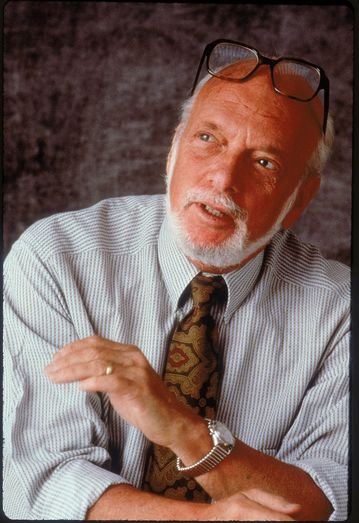

If you’re new to the professional theatre or to a professional theatre training program, you might not quite understand the role of each of the following:
- Producer
- Director
- Stage Manager
Each of these people has a distinct role in the production process, and although these three entities work together, what each one does is highly specialized. If you’re about to start your first professional gig or you’re entering a program designed to prepare you for a career in the theatre, here are some basics that you need to know concerning each position.
Producer

The producer, who may in the not-for-profit world bear the title of managing director, is in charge of the money. And that means everything that has to do with spending and making cash. They negotiate and make contracts, raise the money needed to produce the show, set ticket prices, make sure all aspects of union contracts are properly handled, oversee the entire budget, and pay folks.
Note, only the producer can hire or fire someone. A stage manager cannot do this, nor can a director. Thus, if a director wants a specific actor for a show, the producer is the one who negotiates the contract with the actor or their agent. The director does not do this.
Director

The stage director, who is hired by the producer, is charged with creating a unified concept or vision of the show and in communicating it to all involved. That includes actors, designers, the choreographer, music director, stage manager, and others who are helping to get the show on its feet.
It’s true that directors work very closely with actors in rehearsal, and they are in continuous communication with their stage manager in and out of rehearsal. But equally important is the director’s ability to communicate his/her vision, theme, or concept to the scenic, lighting, costume, projections, media, and sound designers. The director also needs to be able to communicate effectively with the marketing department so that a uniform message regarding what a show is about constantly being reiterated.
Stage Manager

According to Actor’s Equity Association, which is the union for stage actors and stage managers, the stage manager is responsible for “maintaining the artistic integrity of the show.” Once a play or musical in on the boards, it is the stage manager who makes sure that it is performed in a consistent manner in accordance to what the director wanted.
Throughout the production process, the stage manager takes on a supervisory role, making sure that rehearsals start and end on time and run smoothly, facilitating production meetings, and constantly keeping communication open with all departments. They also keep a rehearsal and performance log, filing daily reports concerning all rehearsals and performances with the appropriate people.
Once a show enters tech, the production starts to become the stage manager’s. They are in charge of running these very important rehearsals where all technical and design elements are added. During this time, they are putting all of the cues in their book and learning to call the show properly.
The stage manager’s book contains everything and anything related to ensuring that the production process and the run of the show will go smoothly. Often called the prompt script or simply “the book,” this important loose leaf binder includes a copy of the script, all blocking, all cues, the ground plan, light plot and other design documents, and anything else necessary to documenting the show and preserving its integrity during the run.
Three-in-One

It’s rare to find someone in the theatre who is doing all three of these jobs at once, as each is very time consuming. But there are those who have done each of the jobs addressed in this blog. Often the progression involves the individual starting as a stage manager, becoming a director, and then, maturing into a producer. There are many directors who do, also, simultaneously produce shows. If that’s the case, then they can, indeed fire and hire people (as the produce, that is).

 Random Item
Random Item